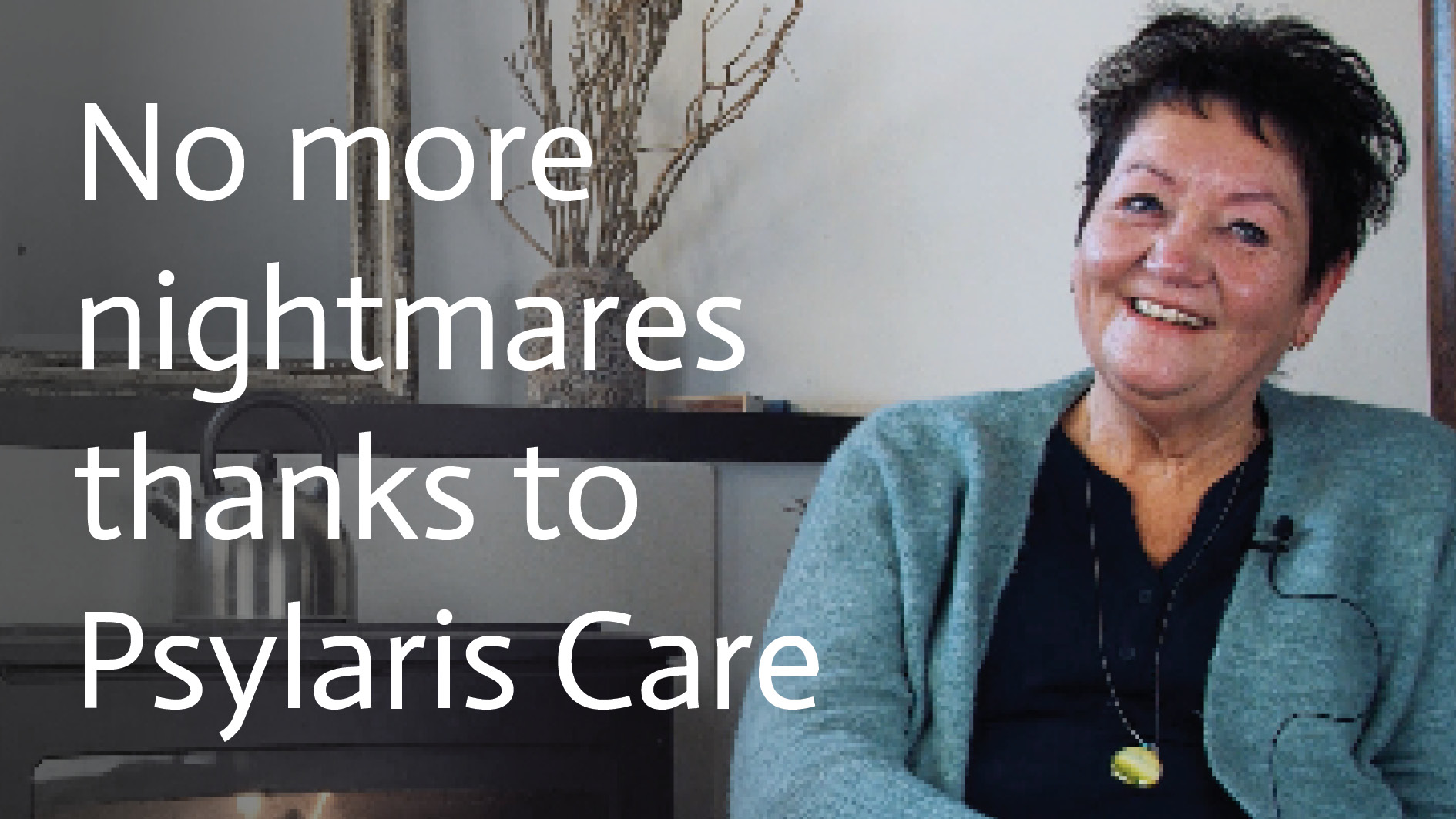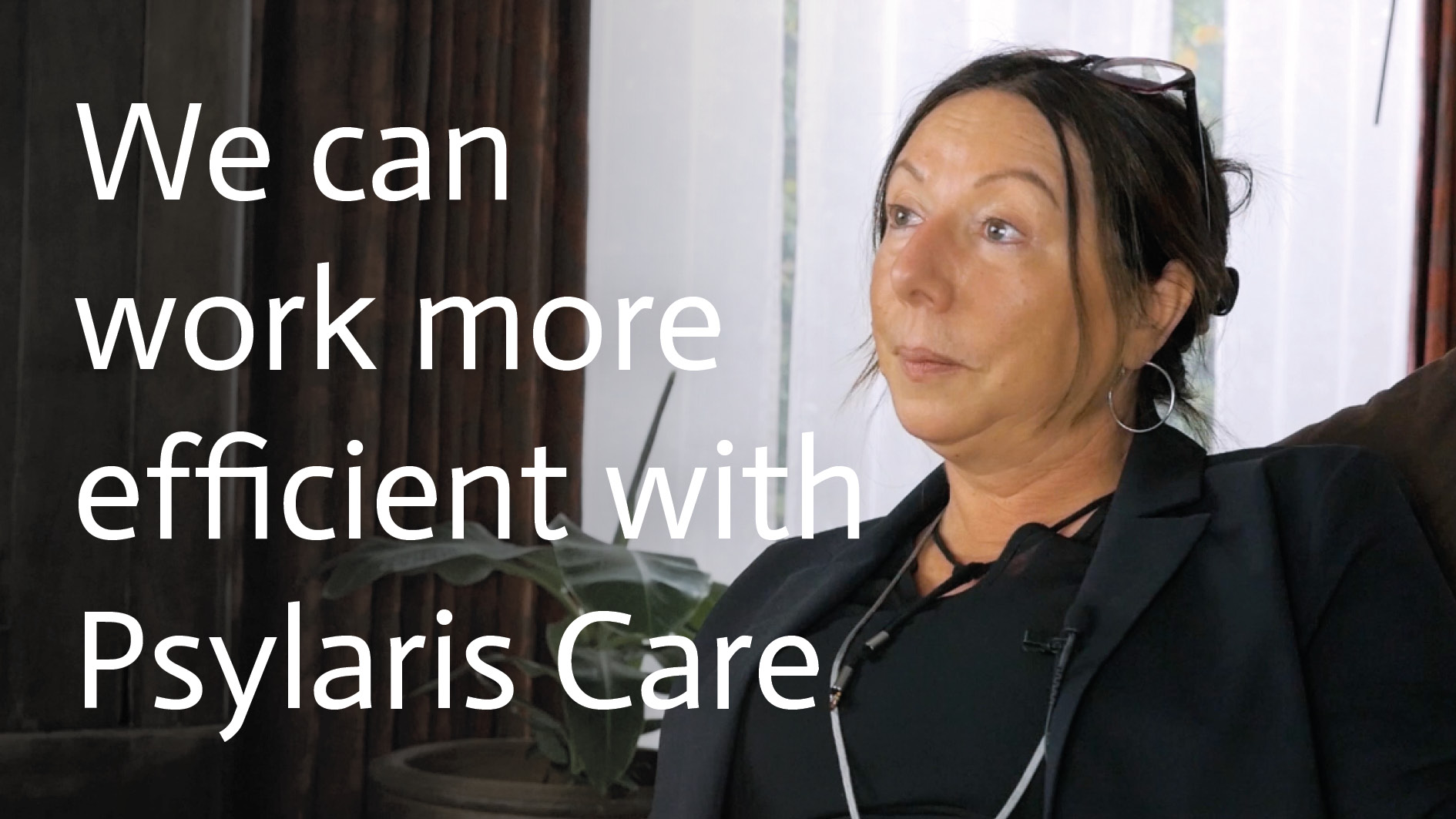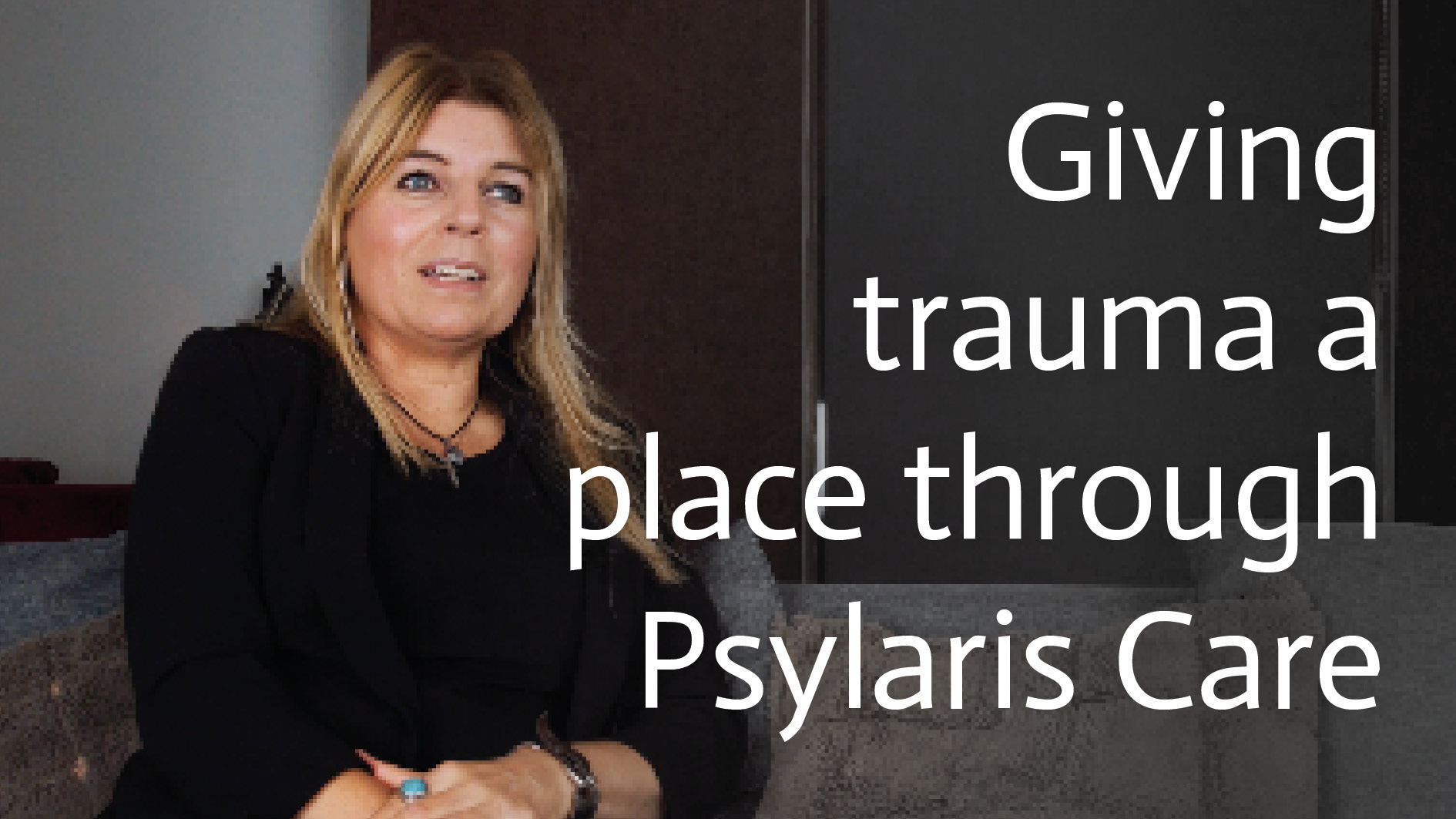Advantages and disadvantages of e-Health
e-Health, a term that has become indispensable in the world of health. Companies that do not use it, or have not yet done so, are few and far between. Examples range from video calling to the use of robotics and from apps to Virtual Reality applications. A broad concept, in other words. When writing this blog, I used the term e-Health as the basis for my description.
ICT tools to simplify care between patient and care provider'.
as a starting point. Why is e-Health implemented and embraced by most companies today? Are we convinced that e-Health is going to improve the world? And if so, why do we think so? What are the advantages and disadvantages of e-Health?
How will e-Health improve the world?
Evidence that e-Health has a positive effect on the progress of various forms of therapy has been known for years. From cognitive behavioural therapy for anxiety and depression to successful implementation for Binge Eating Syndrome; we hear positive sounds from all sides.
A 2010 study (NZ) published on the website Plos One, where scientific work is reviewed by peers, already found that digitised CBT (especially online) for anxiety and depressive disorders provides effective, acceptable and practical health care for people who would otherwise go untreated.
A study done at the University of Twente in 2016 showed that the application of e-Health can contribute to post-stroke rehabilitation.
More recent research from February 2019 (USA), published on the website trialsjournal.biomedcentral.com, shows that internet-based treatment in people with BED syndrome increased the feasibility of recruiting a larger group of patients and was less burdensome for the patients in terms of time and loss of anonymity. It also showed that more knowledge about the effect and outcomes of internet-based treatments could potentially provide a better cost-benefit analysis for intervention in the future.
Success stories
Examples of successful e-Health implementation can be found in apps such as Ginger.io, an app that provides immediate help for people seeking emotional or psychological support by offering chat contact and then searching for a specialised professional for the user. 70% of this app's users with symptoms of depression showed significant improvements after 12 weeks.
Sometimes the application of e-Health can also fail, such as the HealthVault service by Microsoft. After a promising start of the Personal Health Environment, Microsoft pulled the plug in November 2019, because after some small successes, there seemed to be no progress according to smarthealth.nl .
In addition, if it is up to Psylaris, a VR reality company launched in 2017, it will be possible in the near future to use an app and VR glasses to process trauma with EMDR therapy as part of a treatment process at mental health institutions. These institutions are also experimenting with exposure therapy in combination with the use of VR. They are convinced that the protocols with which mental healthcare institutions work can be partly digitised. Their ultimate goal? To make therapy accessible to everyone.
Advantages and disadvantages
That there are many advantages to the application of e-Health will not have escaped your notice. In addition to saving time, there is also increased accessibility, flexibility, insight into (one's own) health, a reduction in administrative burdens, a contribution to the environment through the digitisation of records and an increase in patients' independence.
The magazine De psycholoog (The Psychologist) already listed a number of important advantages of e-Health in 2013.
Unguided self-help offers the advantage that there is a possibility of adapting assignments to the programme participant, which has a demonstrably positive effect on the treatment outcome. They also mention the contact between participants in the online programmes, such as forums, as well as the fact that the self-help is always available online and is usually free, as advantages of e-Health.
Disadvantages of e-Health application and implementation range from the cost, the formulation of appropriate e-Health goals, to the security involved. It goes without saying that personal data such as health data must be properly secured within the framework of privacy legislation. Developing this secure environment costs time and money, but is essential for the proper implementation of e-Health.
It has also not yet been conclusively proven that e-Health as a form of therapy in itself offers positive outcomes. Blended care could be a solution here, but here too, time and money will have to be invested by companies and organisations to determine to what extent a treatment should take place digitally and face-to-face for an optimal treatment outcome. In addition, this will always be a question of measuring what is desirable for the patient undergoing treatment and the practitioner offering the treatment.
It can therefore be said that implementing e-Health is not an easy task. But with e-Health goals that match those of your organisation or company and the necessary guidance from professionals, it may be worthwhile.
Sources
- Blankers et al., 2007
- Austin et al. 2006
- Buchanan, 2002
- https://journals.plos.org/plosone/article%3Fid=10.1371/journal.pone.0013196
- http://essay.utwente.nl/69149/
- https://trialsjournal.biomedcentral.com/articles/10.1186/s13063-019-3192-z
- https://bmcpsychiatry.biomedcentral.com/articles/10.1186/s12888-019-2125-4
- https://scholar.google.nl/scholar?as_ylo=2019&q=internet+based+treatment+is+effective&hl=nl&as_sdt=0,5&as_vis=1
- http://www.mblankers.com/pdf/Blankers-Donker-Riper-2013-E-Mental-Health-in-Nederland.pdf
- https://www.bnnvara.nl/zembla/artikelen/de-keerzijde-van-e-health
- https://www.smarthealth.nl/2019/05/16/blog-waarom-gaat-de-stekker-uit-het-pgo-van-microsoft/
- http://www.mblankers.com/pdf/Blankers-Donker-Riper-2013-E-Mental-Health-in-Nederland.pdf
- https://www.smarthealth.nl/2018/07/26/vijftig-softwaremakers-melden-zich-in-eerste-week-aan-voor-medmij-pgo-subsidie/
- https://www.smarthealth.nl/2019/05/16/blog-waarom-gaat-de-stekker-uit-het-pgo-van-microsoft/
- http://essay.utwente.nl/69149/
- https://www.peterjoosten.net/ehealth/
- https://www.minddistrict.com/nl-nl/blog/ervaringen-van-een-client-het-verhaal-van-suus
- https://www.icthealth.nl/podcasts/
- https://www.healthvalley.nl/actueel/netwerk/ict-health-en-nell-werken-samen-aan-toekomstbesten
- https://www.smarthealth.nl/trendition/2015/01/07/ehealth-europa/
- https://www.bnnvara.nl/zembla/artikelen/de-keerzijde-van-e-health
- https://www.praktijksteun.nl/blog/139-wat-zijn-de-voor-en-nadelen-van-e-health-en-de-huisartsenzorg
- https://www.ginger.io/








